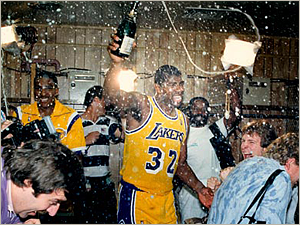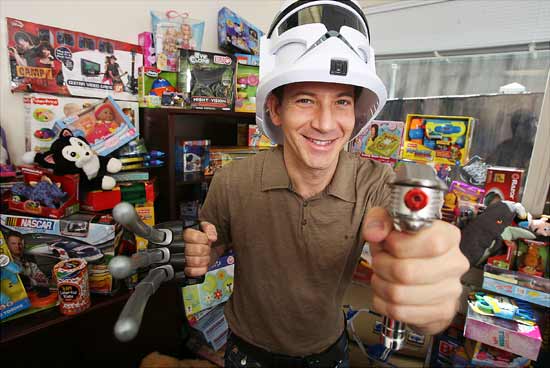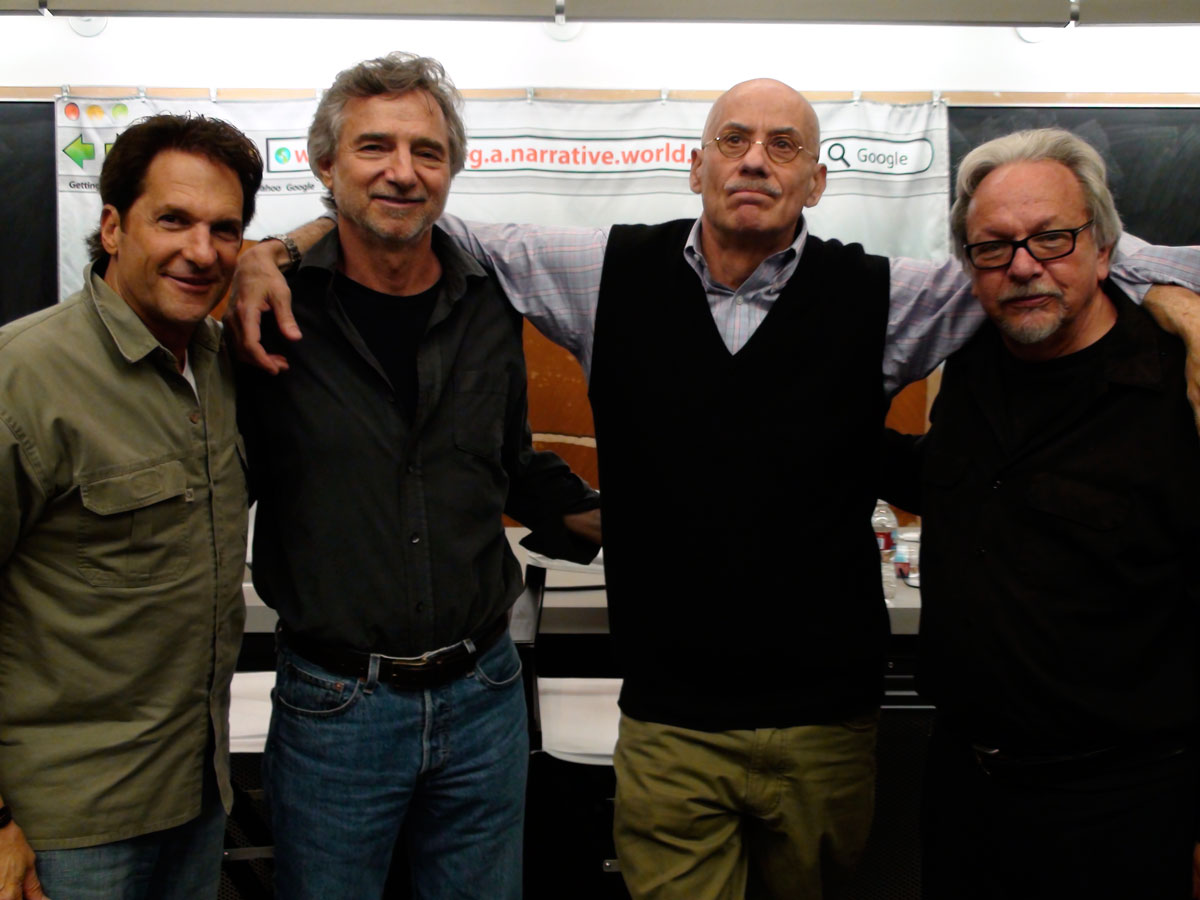 Kareem Abdul Jabar, arguably the greatest basketball player ever, was injured and the Lakers success in the NBA Finals looked doomed. Pat Riley, the legendary basketball coach told my UCLA graduate students, “we get on the plane for Philadelphia and there is seat 1A, Kareem’s seat, empty. Even when he was sick, nobody ever sat in 1A. He’d put a sign there: don’t sit in my seat. I’m Kareem. But Magic sat in his seat and said, ‘Hey, I’m Kareem. I’m here.'”
Kareem Abdul Jabar, arguably the greatest basketball player ever, was injured and the Lakers success in the NBA Finals looked doomed. Pat Riley, the legendary basketball coach told my UCLA graduate students, “we get on the plane for Philadelphia and there is seat 1A, Kareem’s seat, empty. Even when he was sick, nobody ever sat in 1A. He’d put a sign there: don’t sit in my seat. I’m Kareem. But Magic sat in his seat and said, ‘Hey, I’m Kareem. I’m here.'”
The irony is, Earvin Johnson’s greatest act of magic was the story he told to move his team into believing he was their hero.
In Philadelphia, Magic, who was point guard, played Kareem’s position at center the whole practice. “In game six,” Riley said, “the greatest game ever played by a rookie in the NBA was played by Earvin Magic Johnson. He had 42 points, 15 rebounds, 13 assists, 7 steals. We won 123 to 107. And he was Kareem.”
The next day the Los Angeles Times headlined the real hero of this story: ‘It’s Magic.'”
That year the Lakers won the NBA Championship and Magic won the NBA Finals Most Valuable Player award.
The irony is, Earvin Johnson’s greatest act of magic was the story he told to move his team into believing he was their hero. It was a pretty gutsy story for a rookie, but he pulled it off because he knew he was up to the role and because his ultimate goal was to benefit them all. And therein lies the moral of the story for other purposeful tellers who dare to cast themselves as heroes. True teller-heroes are generous as well as powerful. They never lose sight of what’s in their story for their audience. And they only cast themselves as heroes if they know they can deliver
.


